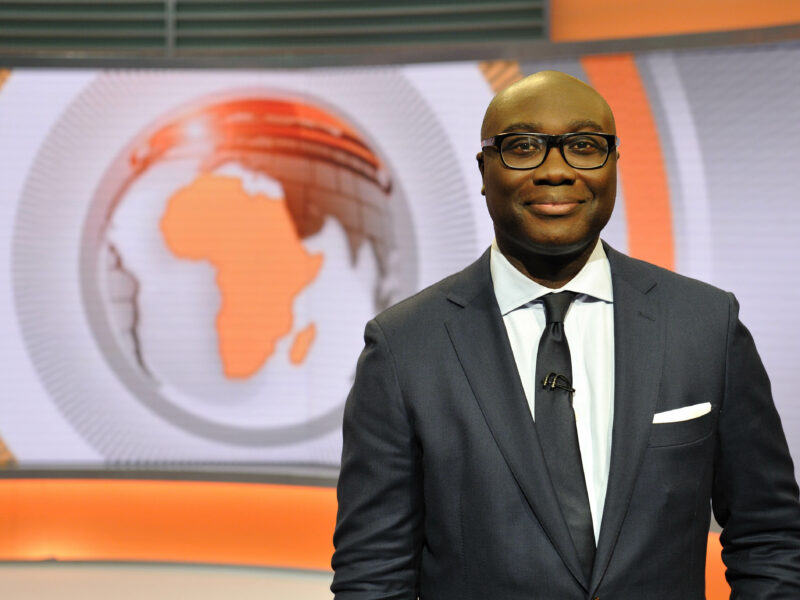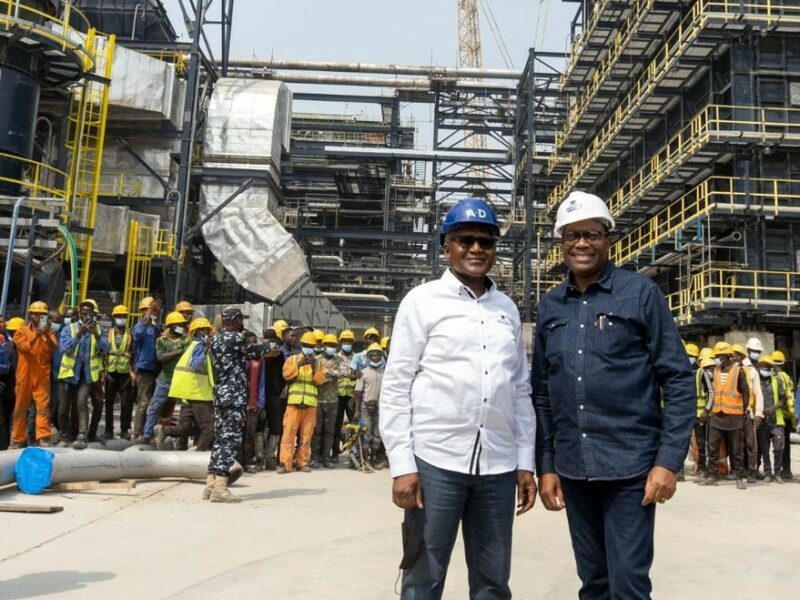AU Commissioner urges continent to implement PIDA
Cape Town South Africa, 9 May 2012– The African Union Commission has called for the implementation of energy related projects, in particular those related to the Programme for Infrastructure Development in Africa (PIDA). This is because PIDA, through its institutional architecture, will develop efficient, reliable, cost-effective and environmentally friendly infrastructure for the physical integration of the continent, and enhance access to modern energy services for the majority of the African population. The programme will do this by:
- Developing regional and continental clean power generation and transmission projects
- Implementing high-capacity oil refineries and oil and gas pipeline projects
- Developing renewable energy resources.
The call for the implementation of PIDA was made on the 9th of May to over 250 high level participants at the two day First Stakeholder Forum of the Africa-EU Energy Partnership (AEEP) being held in Cape Town, South Africa by Dr. Elham Ibrahim; African Union Commissioner for Infrastructure and Energy. Key stakeholders attending the forum are from the private sector, civil society and research institutions
PIDA: a continental strategic framework
PIDA is a continental strategic framework adopted by African Heads of State and government in January 2012. Within PIDA, 15 energy projects, mainly for energy generation and transmission amounting to US$40 billion (out of 68 billion for all PIDA sectors) were selected to be achieved by 2020. The projects are at regional and continental levels, and include the 40 000MW Inga hydro power project. Achieving the PIDA projects will significantly contribute to the success of the African Union’s vision of integrating and developing the continent; and the United Nations Sustainable Energy for All Initiative for the promotion of renewable energy.
The role of the African Union in the successful implementation of PIDA is to coordinate resource mobilization and advocacy among others, which will be done with the involvement of all major stakeholders at national, regional and continental levels. Over the past two years, the Commission, in collaboration with the NEPAD Planning and Coordinating Agency and the African Development Bank, has been involved in the elaboration of PIDA. A consensus building process on PIDA and its priority action programme was conducted, involving Regional Economic Communities (RECs), and specialized institutions in transport, energy, ICT and trans boundary water. The consultation took the form of workshops in all the regions of Africa. Further to this, in February 2012, the Commission organized a workshop in South Africa, to plan the implementation of PIDA activities.
The AU’s interest in the success of PIDA arises out of the need to improve the continent’s energy supply; given the shortages currently being experienced and the limited access to modern energy. According to the Commission’s Head of Energy Division Mr. Phillipe Niyongabo, only 30 % of Africans currently have access to electricity.
AEEP Renewable Energy Cooperation Programme Strategy
Apart from the PIDA framework, the African Union is also working within the scope of the Africa – EU Energy Partnership (AEEP), which, according to the Advisor to the Department for Infrastructure and Energy Mr. Bernard Barandareka- has the objective of contributing to African targets. Indeed, the Cape Town gathering is the second important event in the partnership, after the successful Ministerial High Level Meeting held on 14 September 2010 in Vienna, Austria which allowed African and European policy makers to establish energy targets to be achieved by 2020. The AEEP Renewable Energy Cooperation Programme Strategy targets are related to energy access, energy security and renewable energy to be achieved by 2020. Commissioner Ibrahim said achieving these targets will require the full involvement of all stakeholders including decision makers (public) at national, regional and continental levels; private sector; civil society such as NGO’s involved in energy sector; academia and research institutions. She called on public and private investors to join hands in a win-win process to invest massively in renewable energy development and also contribute to increase access to modern energy services.
The two day meeting is expected to enhance implementation of the 2020 strategy by providing a forum to enable stakeholders to come up with concrete proposals that can be undertaken within the scope of the 2020 targets. Progress will be reviewed in 2014.
A number of prominent people addressed the opening ceremony of the First Stakeholder Forum of the Africa-EU Energy Partnership on 9th March. They included Ms. Barbara Thompson- South African Deputy Minister of Energy; Mr. Ingo Herbert- Head of Political Division at the German Embassy in South Africa; and Mr. Jean Paul Joulia- Head of Unit, Energy, and Development Cooperation at the European Commission (EC).
During the two days, the AUC will be represented in various panel and policy discussions by Commissioner Ibrahim; Mr. Phillipe Niyongabo – Head of Energy Division and AEEP Co-Chair and Mr. Bernard Barandareka- Advisor to the Department for Infrastructure and Energy at the AUC.
The African Union Commission is co-hosting the forum with the European Commission, South Africa’s Department of Energy, the Austrian Development Cooperation, the Ministry of Energy and Public Utilities of Mauritius and the German Federal Ministry of Cooperation and Development.
AU Commission
Stay with Sierra Express Media, for your trusted place in news!
© 2012, https:. All rights reserved.





